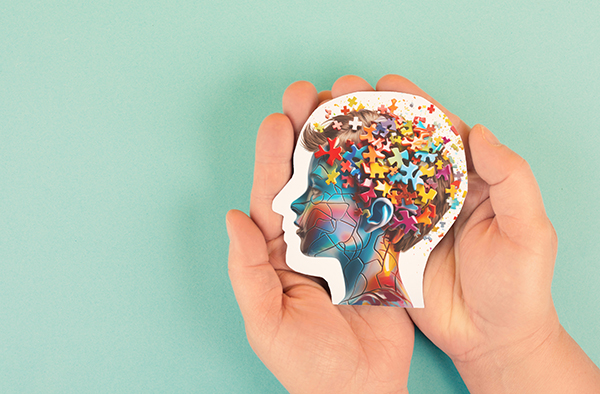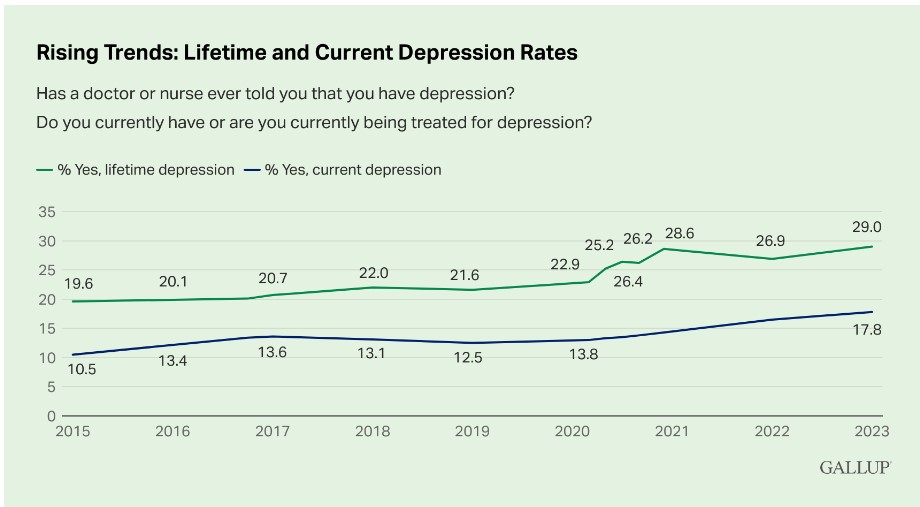Powerful Mind Part 12
Welcome to this week’s Bill Harvey Blog.
Created May 26, 2023. Updated June 20, 2025
Read Powerful Mind Part 11 | See all 12 Powerful Mind Keys

You may have an investment in accepting some thoughts over others, such as thoughts that make you look smart to yourself. Just knowing that you can be biased goes a long way to seeing past any bias you may have lurking in your head.
Example: Now that you are reading this blog series, Powerful Mind, you are paying more attention to what goes on in your mind. Someone just said something to you and you notice that you have a flash of invisible anger and then go on with the conversation as though nothing happened. Later, you have a free moment to look back and ask yourself, “What was that?” It takes a little while, but when you least expect it, when you are thinking of something else, it suddenly pops into your head that you have been secretly competing with a specific person, making him or her a rival, and what made you mad is that your rival scored a point. It was “secretly” because you never said to yourself “out loud in your mind” that you considered that person a rival. It was your own secret from yourself. You may know exactly what I’m talking about because this kind of thing has happened to you in the past. As a result of Powerful Mind, look forward to more of those exposés happening in the future as you peel away the layers of conditioning.
Don’t take anything to extremes. This key is not meant to turn you into Hamlet, never able to make a decision. You must, in fact, become more decisive, simply not hasty: think things through thoroughly and then take action.
If you sense something is dragging on too long and you have needed to take action for some time, you really need to get away by yourself for however long it takes (within reason) to plan out what to do decisively.
Check your Perceptions
One form of hasty closure is perceptual: you actually “hallucinate” in mild ways all the time, seeing or hearing things that are subtly different from the reality that actually exists around you. You tend to see things that you expect to see, rather than what really happened. In this way your preconceived biases act themselves out in your physical senses.
You expect that someone will be sneering at you and you actually seem to see that sneer although this time the person is actually trying to be nice. Or the other way around, you expect them to be nice and don’t realize they are actually sneering at you.
The automated pre-conscious mind has searched your memory banks, found something similar and projected it, so that you literally see your prediction instead of seeing the current reality. Only by paying careful and patient attention can you override this hasty closure of the senses.
Unless you are patiently paying attention to everything that goes on around and inside of you, you will not notice your mind screening out things that are familiar, things you have seen before. This function of the mind is a type of hasty closure where the closure occurs in the pre-conscious state, even before you become aware of something.
To the robotical part of the mind, this makes sense, because it is conserving mental energy by making “invisible” those perceptions that it considers unimportant because that sort of thing has been seen before. At some point in the past, it was interesting but then closure was achieved on that content. The beautiful view out your window that you persistently ignore.
Most of the time, it might even make sense that you save time by ignoring the familiar. But sometimes it means that you have lost the power to relish something beautiful just because your mind takes it for granted. Better that the whole you stays awake and aware of everything so the whole you can make your own decisions, rather than be run by automated functions of your pre-conscious mind.
Contemplation “Vacations”
I mention this strategy last because most people would say, “I don’t have time for this one.” Here the idea is to set aside some time for yourself, perhaps when there is nothing else to do — on a train, plane or bus when you have nothing you want or need to read, waiting in a doctor’s office, you can’t sleep for some reason, you’re getting a CAT scan or MRI and have to lay still for 25 minutes. Or when you are actually on vacation, or by yourself and no one is phoning you or texting you or otherwise distracting you.
Consider these times to be vacations from Acceleritis. There is no pressure. You can do anything you want. Instead of just letting your mind wander aimlessly, here’s something else you can do that is extremely useful and beneficial and pays back for the rest of your life.
Contemplate who you are — who you really are. And what do you really know about what life is really all about.
Many eminent scientists have pointed out that everything science has learned since the beginning of time is a mere thimbleful relative to what there is in total to know. As the song goes, “how little we know, how much to discover” (Springer/Leigh).
Actual knowing is very difficult. It requires the kind of proof demanded by science and by courts of law. Yet our minds want closure; it is built into our brains to want closure. We create fake closure just to have a sense of closure. This is hasty closure and it is self-defeating. It keeps us from objectively seeing and, in the long run, from getting closer to true knowing.
Details to follow in the subsequent posts.
Love to all,
![]()




 Predreaming
Predreaming Chapter 17
Chapter 17 Theoretical support – as documented in
Theoretical support – as documented in